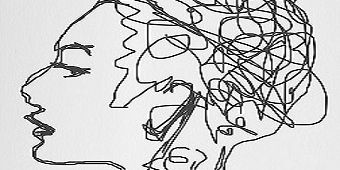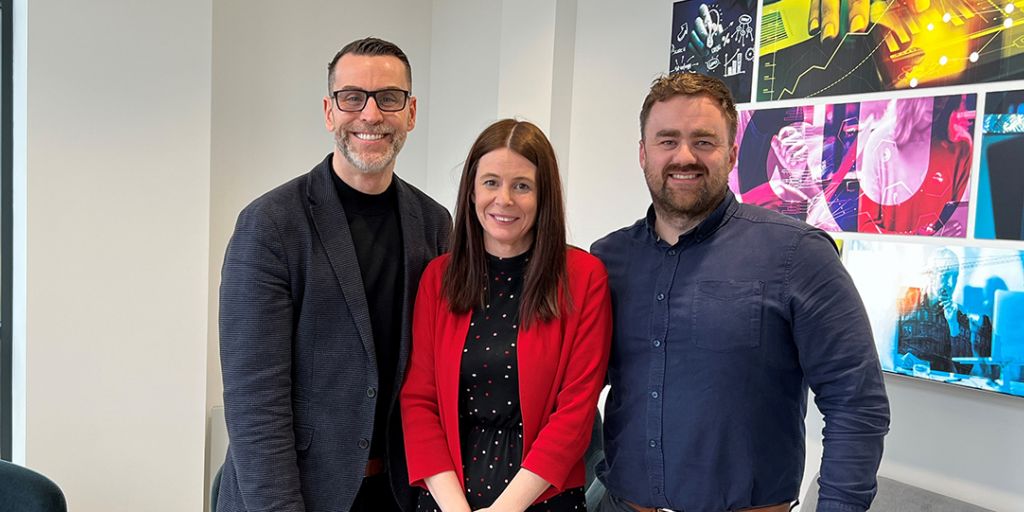Mindfulness and a better working day
Mindfulness and a better working day – Ross Murray, Finance Director
The theory of mindfulness is becoming increasingly present in our daily lives, from business professionals to health and well-being specialists. Research shows mindfulness can help us be more productive and make the most out of our working week, with the likes of Google, Apple and Procter & Gamble integrating it into the workplace.
So what is mindfulness?
The NHS term it "Paying more attention to the present moment – to your own thoughts and feelings, and to the world around you". A technique based on retraining your brain in the task of processing information. A long way from the daily tasks of tax planning, spreadsheets and audits, this technique is backed up by science. It's a mind-set that encourages you to make yourself aware of what’s going on around you, actively noticing and engaging with your thoughts and feelings.
It's easy to lose touch, to get into a routine and stop really seeing and feeling what's going on around us. Now I'm not suggesting you bring your meditation mat's with you to the office, set aside hours in the week for chanting, or change your beliefs, just that: mindfulness is a change in mindset and can be integrated into your everyday life.
There are many books and blogs out there with copious tips and tricks on embracing mindfulness, but here are just a few benefits and simple steps we found that can benefit your working week...without taking up too much of your precious time.
Benefits to your working week:
- Clears Your Mind
- Increases Productivity
- Aids Decision Making
- Lowers Blood Pressure
- Improves Memory
- Reduces Stress Levels
Steps:
- Do Nothing - Spend at least 5 minutes a day doing nothing, and I mean nothing. Sit in silence (for me I find it helps to close my eyes) and pay attention to your breathing and just notice the sounds around you and your thoughts.
- Pay Attention - Actively pay attention. It may sound simple and it is, but it's not always something we do. Everyday actions, like walking, become second nature so we don't necessarily pay attention when we're doing them. Once a day, tell yourself to pay attention to your walking, how's your pace, slow down and feel the ground, your shoes, your step. Next meeting you go to, slow down and pay attention to how you get there. You'll go in feeling focused and alert.
- Be present - You’re talking with your colleagues and yes you're listening to what they're saying but be present in the moment. Are you checking your emails at the same time? Thinking about what you're having for dinner? Planning how you’re tackling your to-do-list? Take a breath and actively engage in the conversation. Fulfilling interactions like this, give us a better understanding of what our colleagues are asking us, resulting in better workplace relationships, increased productivity and positive team moral.
- Do less - When you've got a lot to do, can you really do less? Perhaps not, but you can do less at once. Taking a minute at the start of each day to really assess your to-do-list and figuring out what's essential for the day helps you manage your day, and saves rushing from one thing to the next without thinking. Is everything on your list for today, essential to today? Be more prepared and focused on the essential tasks, and you'll get more done.
- Repeat - Mindfulness isn't an overnight fix, or an instant remedy to daily pressures. With regular practise, I believe, you'll see it impact your work style.
Mindfulness won't reduce your workload, it won't change the pace your office works at but it can help you focus and manage the pressures of your working day. Teaching you to deal with and engage with our surroundings helps to focus on the present and results in a more productive and efficient working day.
So, take a deep breath and why not give it a go? These are my tips, let me know how you get on, Tweet me @AcumenRoss
For more in-depth readings, I'd recommend these books:
- The Chimp Paradox – Prof. Steve Peters
- The Monk Who Sold His Ferrari – Robin Sharma
- A New earth – Eckhart Tolle




